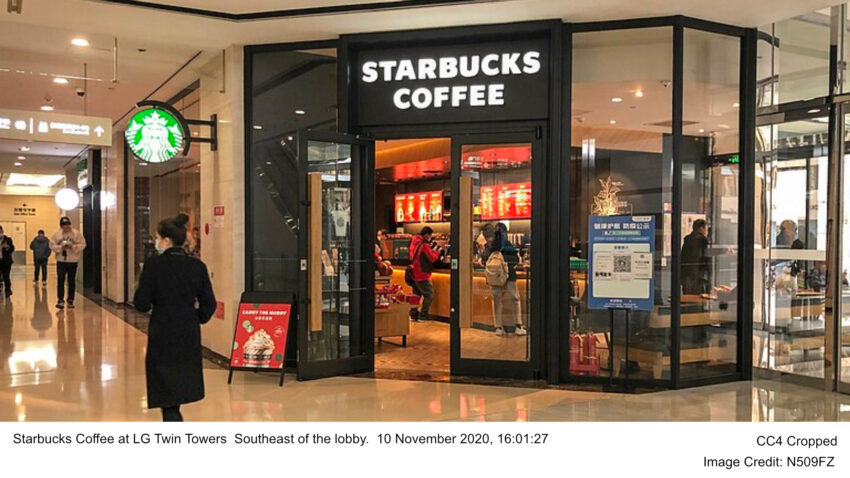Starbucks baristas have launched a five-day strike, resulting in the closure of at least 59 stores across the United States. The strike, organized by Starbucks Workers United, began on Friday in major cities like Los Angeles, Chicago, and Seattle and spread to Boston, Dallas, and Portland, Oregon, by Monday. Workers in New York, Denver, Pittsburgh, and other cities joined the strike over the weekend.
- Nationwide Strike: Starbucks baristas, represented by Starbucks Workers United, initiated a five-day strike, closing at least 59 stores in major U.S. cities to demand better wages and resolution of labor disputes.
- Union Growth: Since 2021, baristas at 535 Starbucks locations have unionized, with workers pushing for a finalized labor agreement and addressing over 700 unfair labor practice charges filed with federal regulators.
- Compensation Disputes: Starbucks highlights $18/hour average pay plus benefits, while workers argue for more equitable wages, citing CEO Brian Niccol’s potential $100 million earnings in his first year.
- Holiday Season Tensions: Strikes occur during a peak business period, but Starbucks claims minimal disruption, noting that the strike affects less than 1% of its U.S. stores.
The union, which started its efforts in 2021, says Starbucks hasn’t made progress in contract negotiations. Workers demand that Starbucks honor its commitment made in February to finalize a labor agreement this year. They also want the company to address hundreds of unfair labor practice charges filed with the National Labor Relations Board since 2021. So far, baristas at 535 company-owned Starbucks stores in the U.S. have voted to unionize.
The strike comes during one of Starbucks’ busiest periods. Despite this, Starbucks stated that the strike hasn’t significantly affected its operations. The company operates around 10,000 stores in the U.S. “We respect our partners’ right to strike and appreciate those who continue to support each other and serve customers,” Starbucks said in a statement.
Contract negotiations have stalled over economic issues. Starbucks has proposed annual pay increases of at least 1.5% for unionized workers, ensuring they receive a 1.5% raise even if non-union workers receive less. Starbucks says its U.S. baristas earn an average of $18 per hour, with benefits like health care and tuition adding up to $30 per hour for those working 20 hours weekly.
Workers argue they deserve more, pointing to the high compensation of Starbucks’ new CEO, Brian Niccol, who could earn over $100 million in his first year. While Starbucks continues to downplay the strike’s impact, the disagreement underscores ongoing tensions between the company and its workforce.

